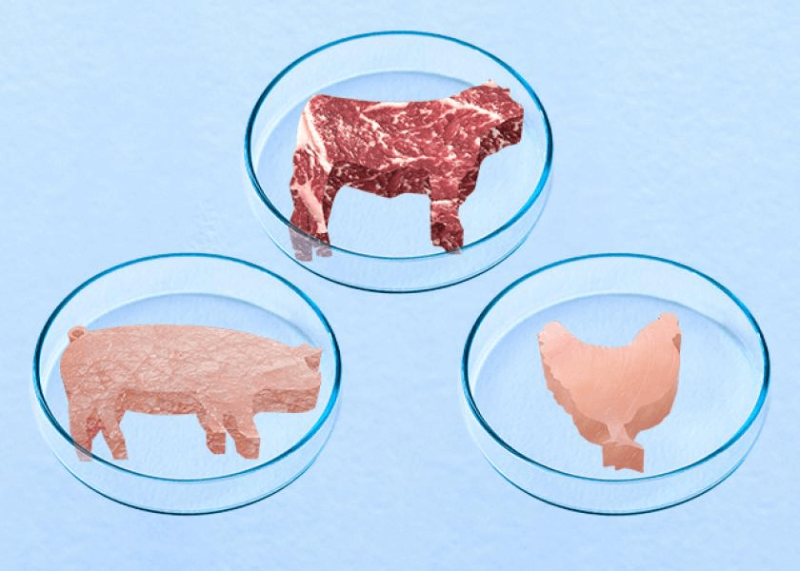In a historic move, [United States Department of Agriculture’s National Institute of Food and Agriculture, or] USDA-NIFA’s Agriculture and Food Research Initiative’s Sustainable Agricultural Systems (SAS) program invested in cultivated meat research in 2021, granting Tufts University a five-year $10m grant to launch the National Institute for Cellular Agriculture, the first US government-funded cultivated protein research center.
The institute coordinates cellular agriculture R&D among 32 researchers and eight universities to “serve as an accelerator for developing a cell culture meat platform through the integration of physical, biological and social sciences,” [USDA undersecretary for research Sanah] Baig said.
Current research at the institute explores economical serum-free growth media, creating cell lines for underexplored species and conducting nutritional and flavor assessments of cell-cultivated fat.
“It’s important to know what agriculture looks like today, so we can design appropriate solutions,” Baig said, citing the decrease of farms in the US from seven million in 1935 to two million in 2022, and the loss of 141 million acres of farmland “which we will never get back.”
…
With President Biden’s 2022 executive order promoting efficient protein production systems and USDA’s data-driven goals for climate and food innovation, Baig emphasized that “we will need cellular agriculture” to achieve these objectives.































